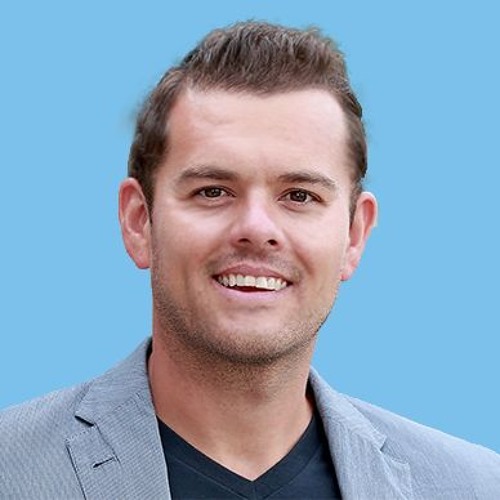Table of Contents
Brian Aspinall is an educator and best-selling author who’s been named one of the brightest STEM innovators in Canadian education. He’s enthusiastic about math education and bringing greater awareness to the subjects of coding and computer science. In his books, Code Breaker and Block Breaker, Aspinall shares thoughts about a topic not necessarily indicated by the titles: rethinking assessment and evaluation. “I think it’s very important to have a conversation about assessment and evaluation. We’re [looking at] computer science, the maker movement, and STEM, and bringing these themes into education to shift how we instruct our lessons. But we’re not having the conversation on the evaluation side.”
Embracing Failure
He is an advocate of the gradeless classroom, particularly in elementary school, and sees the limitations facing certain types of technology-driven learning. “I don’t see us embedding things like computer science into a graded space. We preach risk-taking all the time. That’s what the industry wants. But we live in a system in which failure is punished. So how do we embrace failure if we’re going to quantify everything that kids do? Secondly, if computer science becomes a curriculum or a discipline at the elementary level, then we have to grade it. And once we grade it, we suck the fun out of it because it creates this level of standardization.”
Hacking the Classroom
Hacking the classroom moves away from categorizing students based on a numerical value or one isolated performance task. As Aspinall shares, “‘I have stories from my classrooms of students with learning disabilities and special needs who have really done well, embracing tools like Minecraft. But, at the end of the day, it’s almost impossible to articulate a number based on their creativity. How can you standardize something like creativity?” According to Aspinall, it has a lot to do with not looking at math as a score.
The Big Data Era
The kids of today will not know a world before the internet. Aspinall believes the more young people understand how machines work, the better they will be able to conceptualize the big data era they are growing up in. “Every behavior they do is going to be tracked and marketed and sold. We’re heading into the big data era. Everybody needs to be mindful of that and have an awareness about why and how these machines work.”
In the end, it comes down to allowing for greater exposure and choice of learning in coding and computer science. Aspinall likens it to broccoli: “You don’t know if you like it until you try. I don’t teach writing, thinking every kid is going to be a professional author. I just want everyone to have the opportunity to decide for themselves if pure science is something they choose to study.”
Subscribe to edCircuit to stay up to date on all of our shows, podcasts, news, and thought leadership articles.






